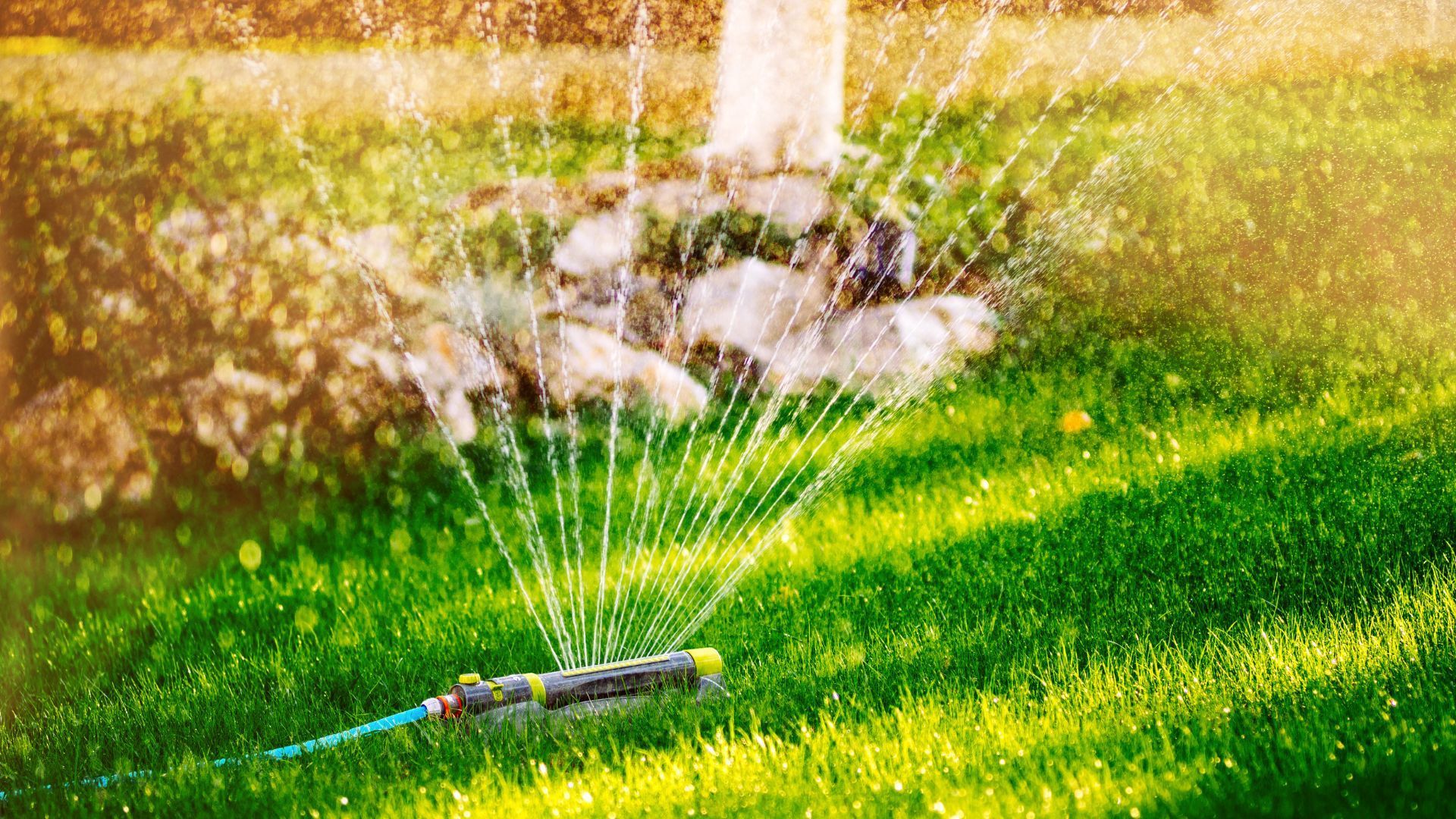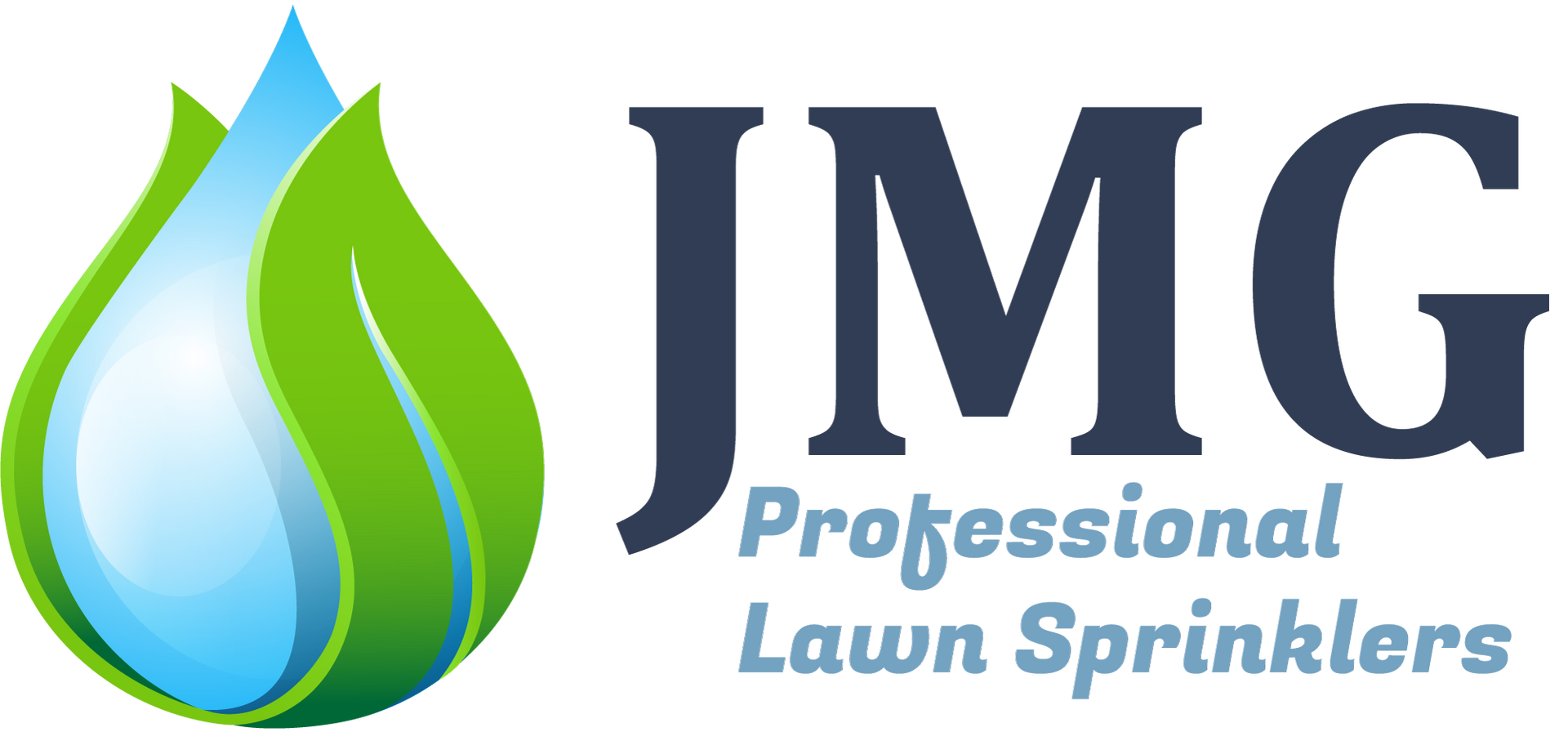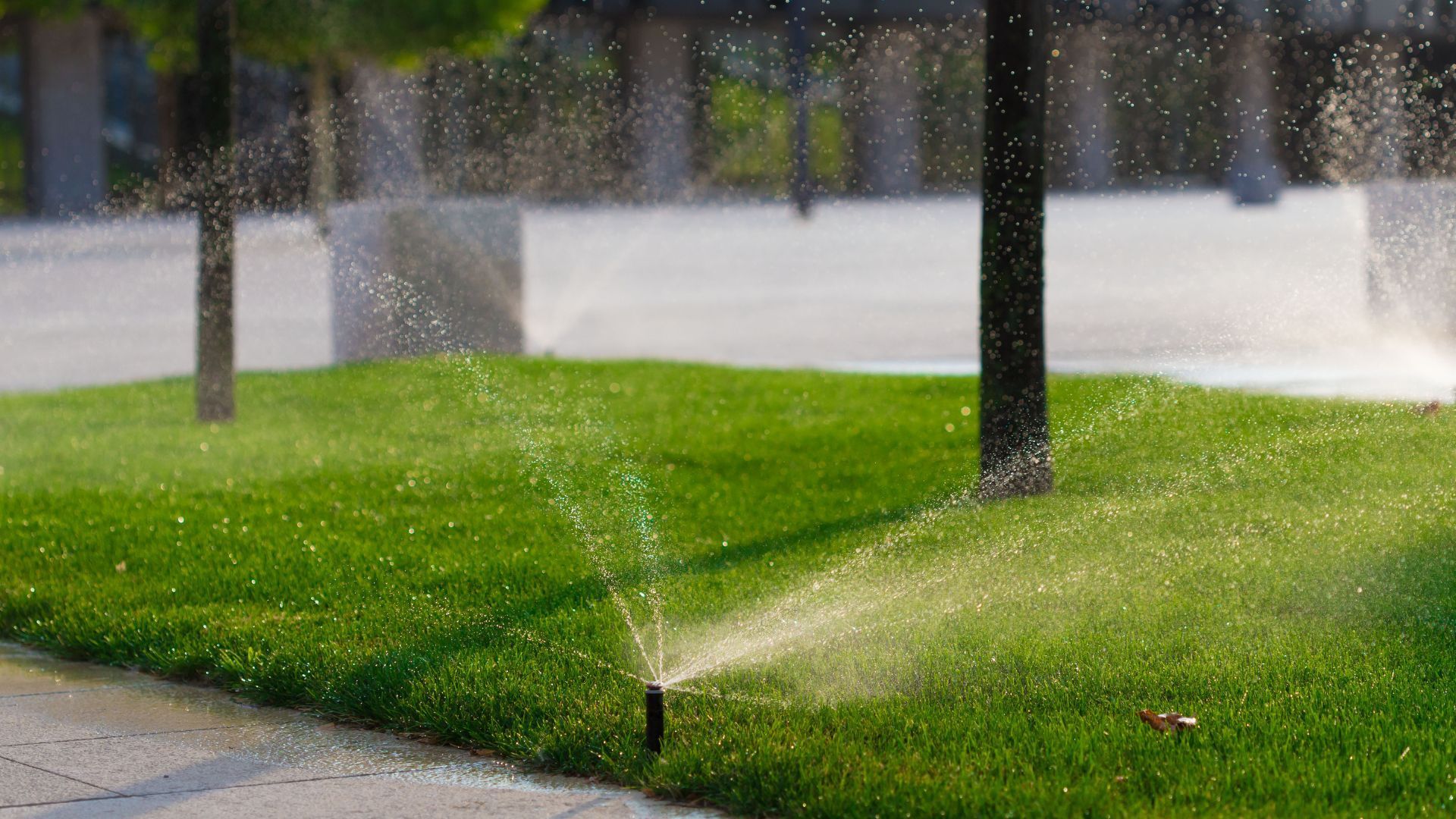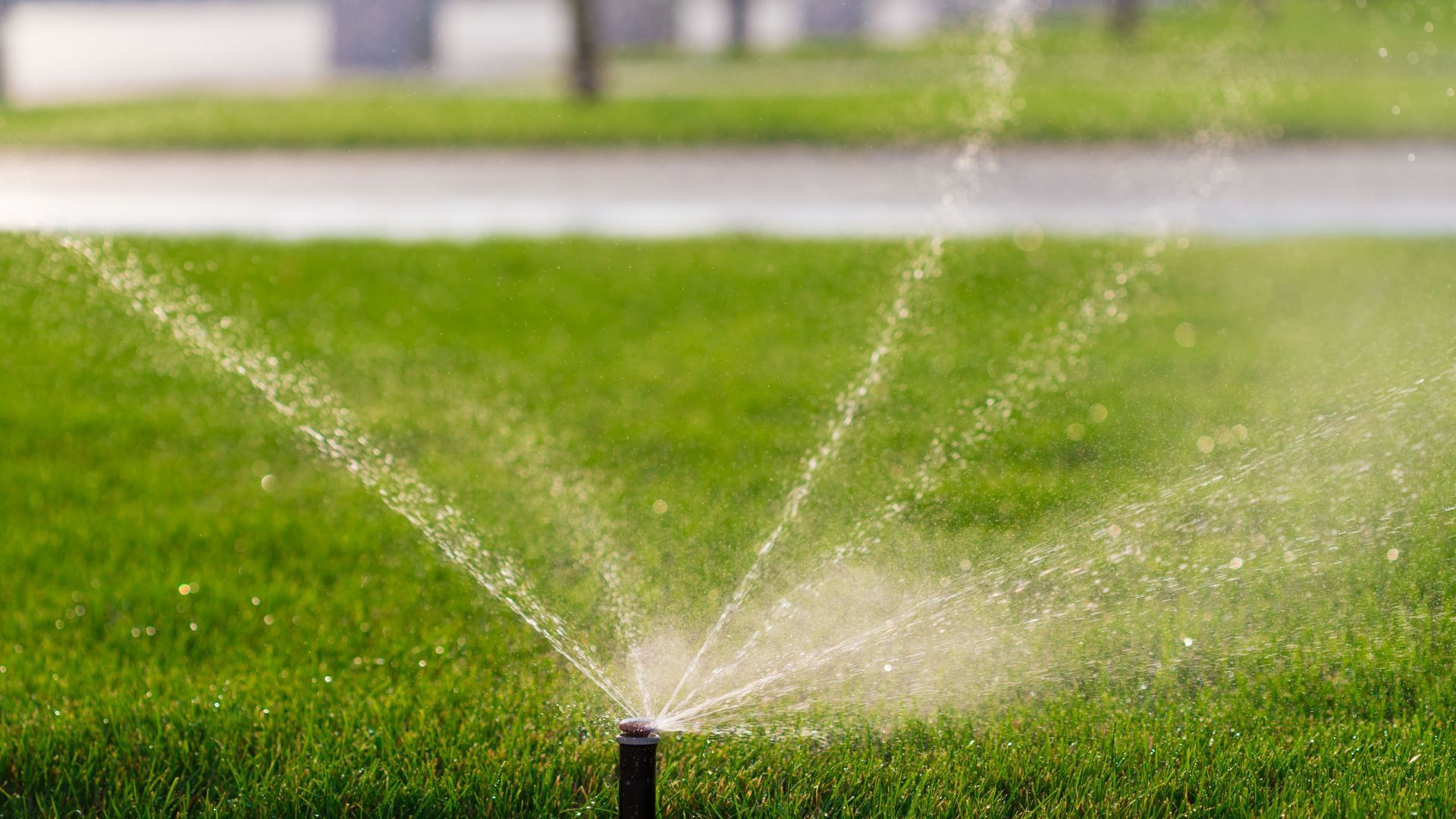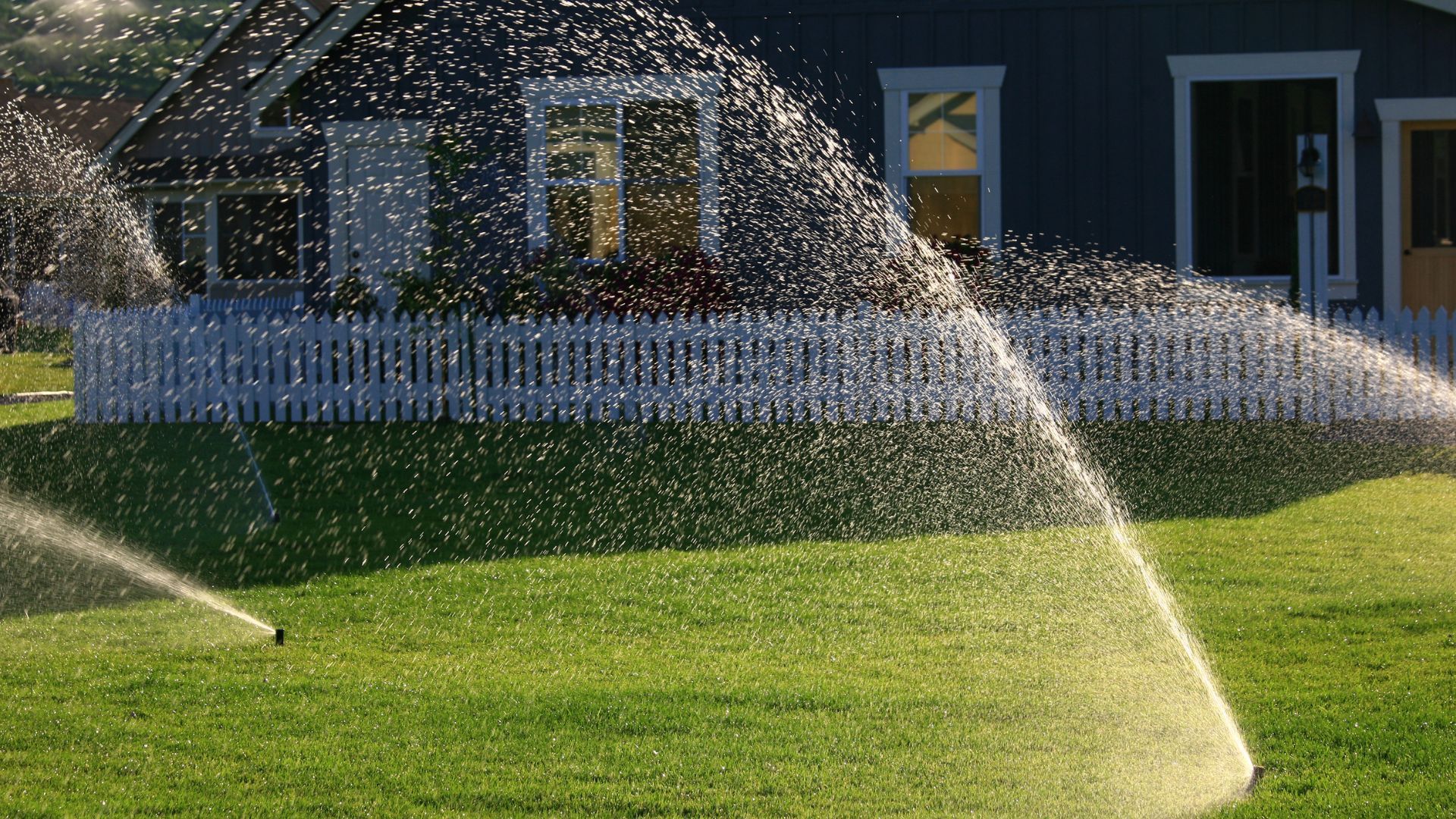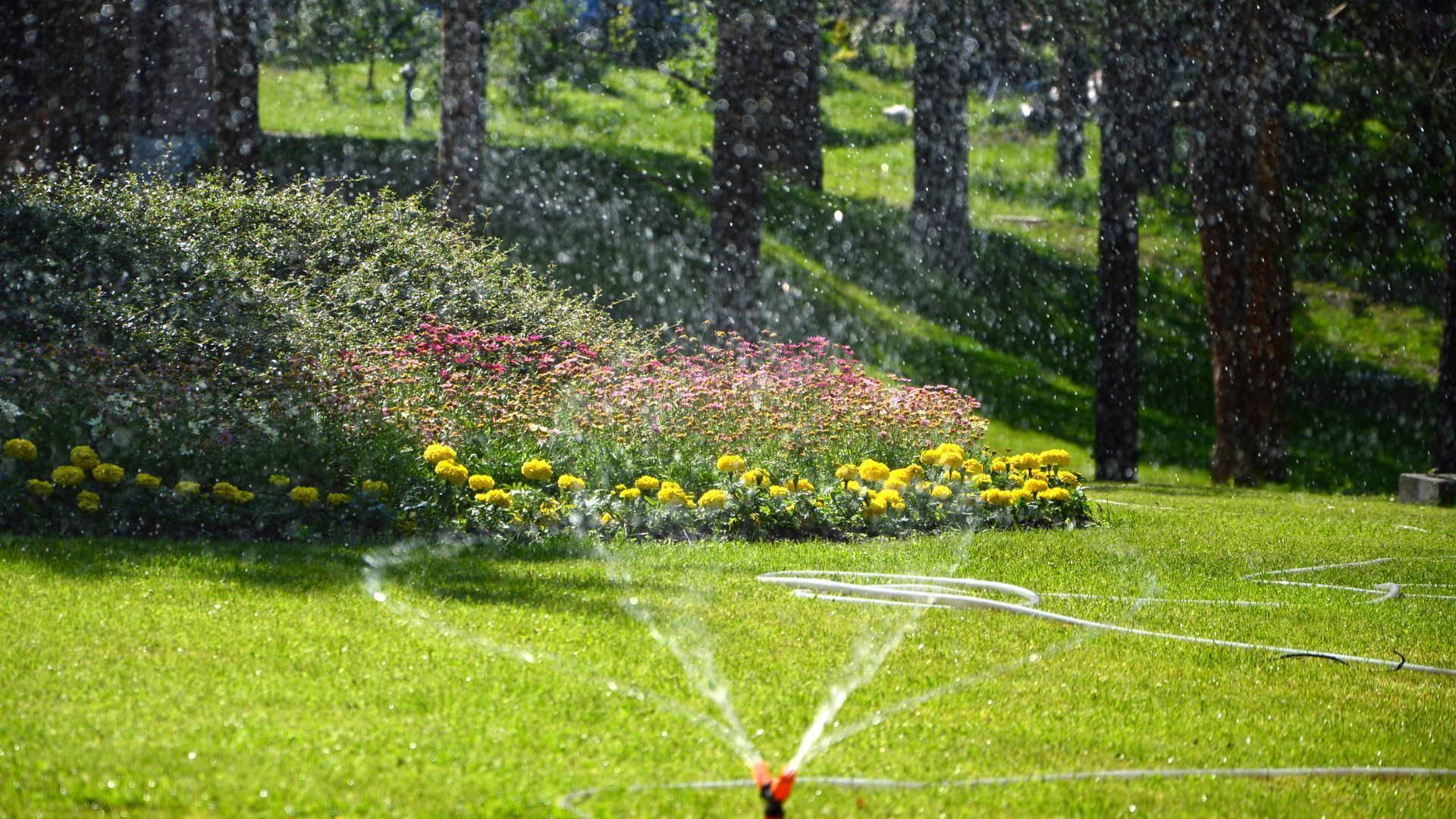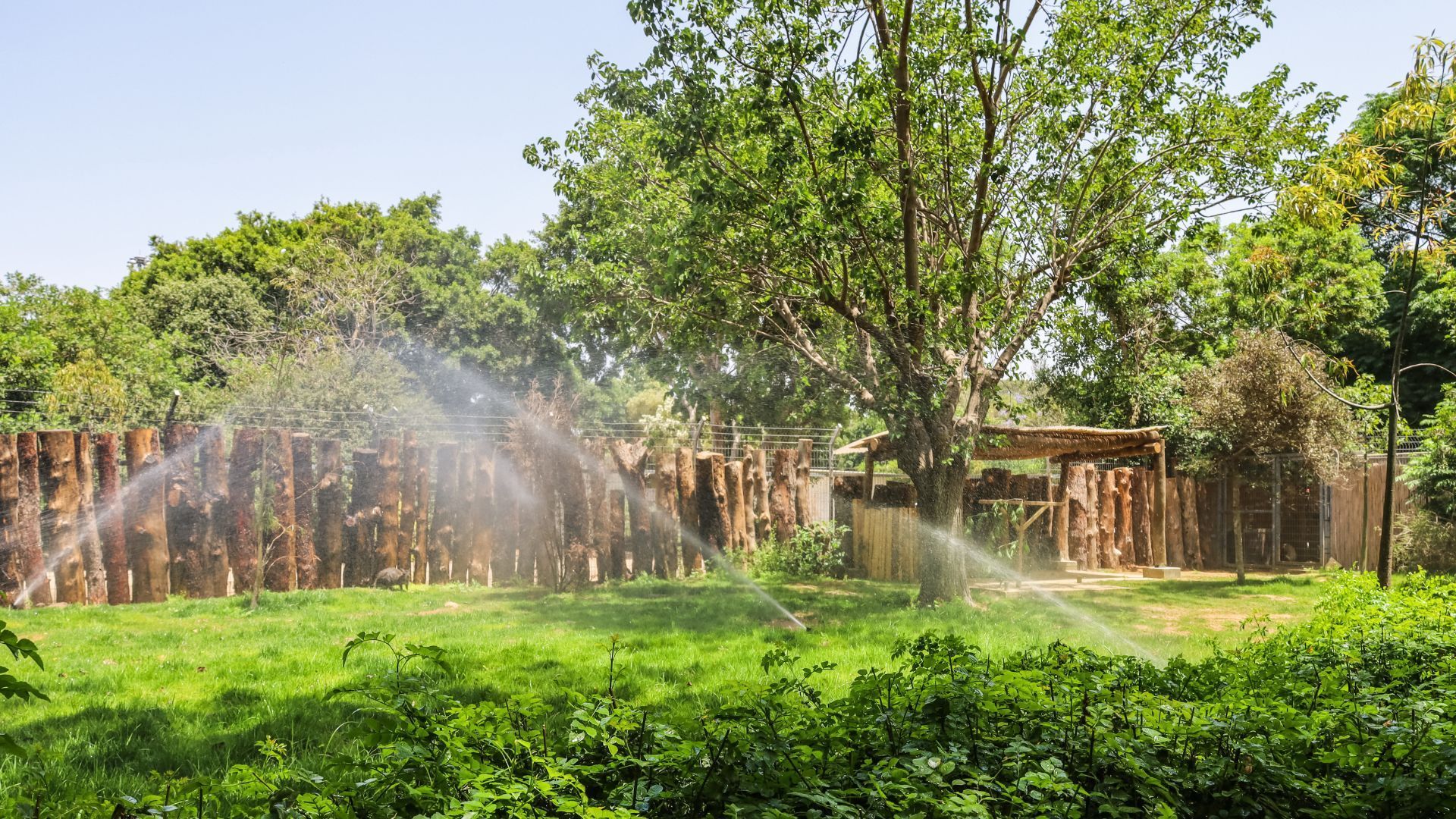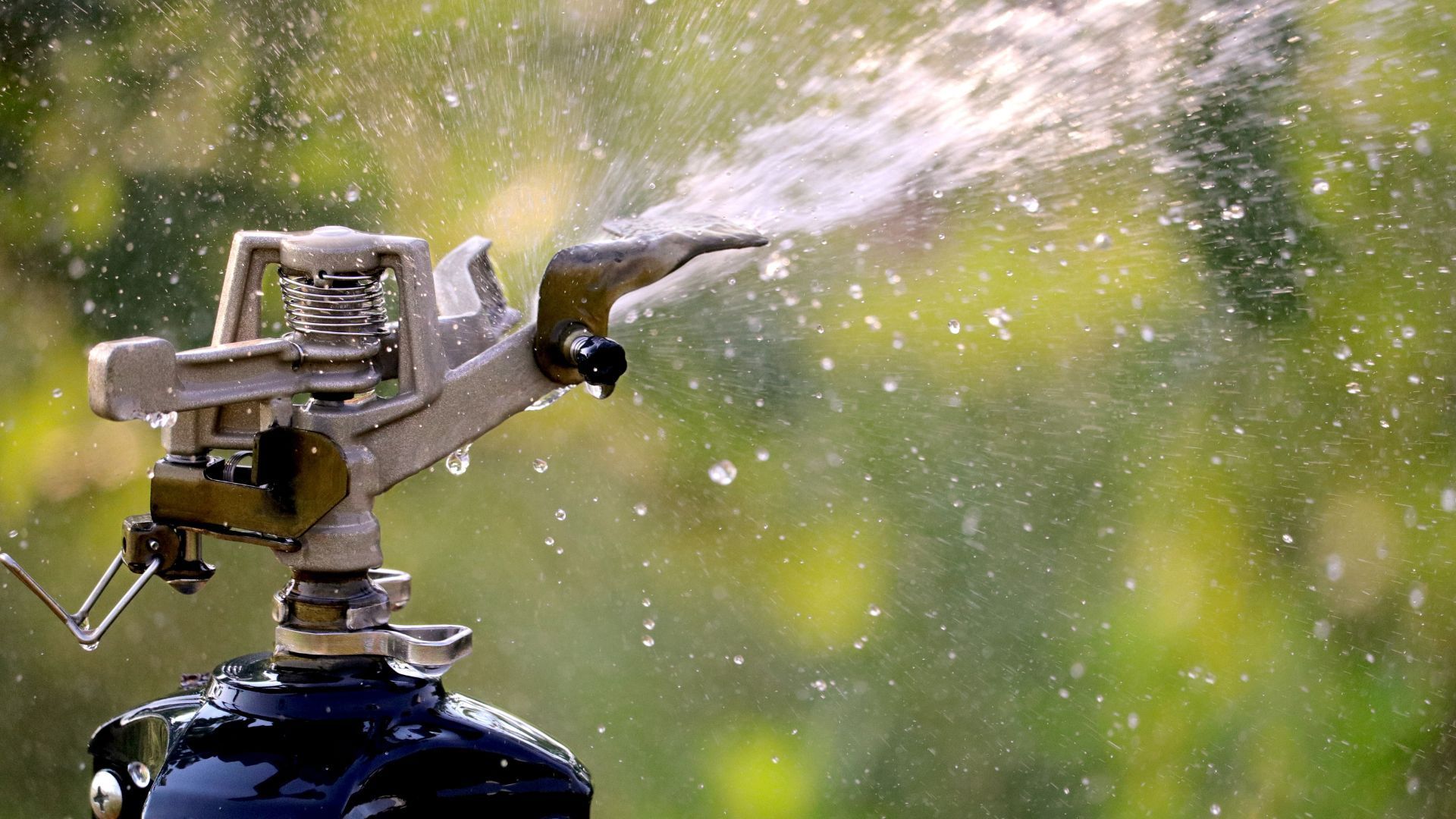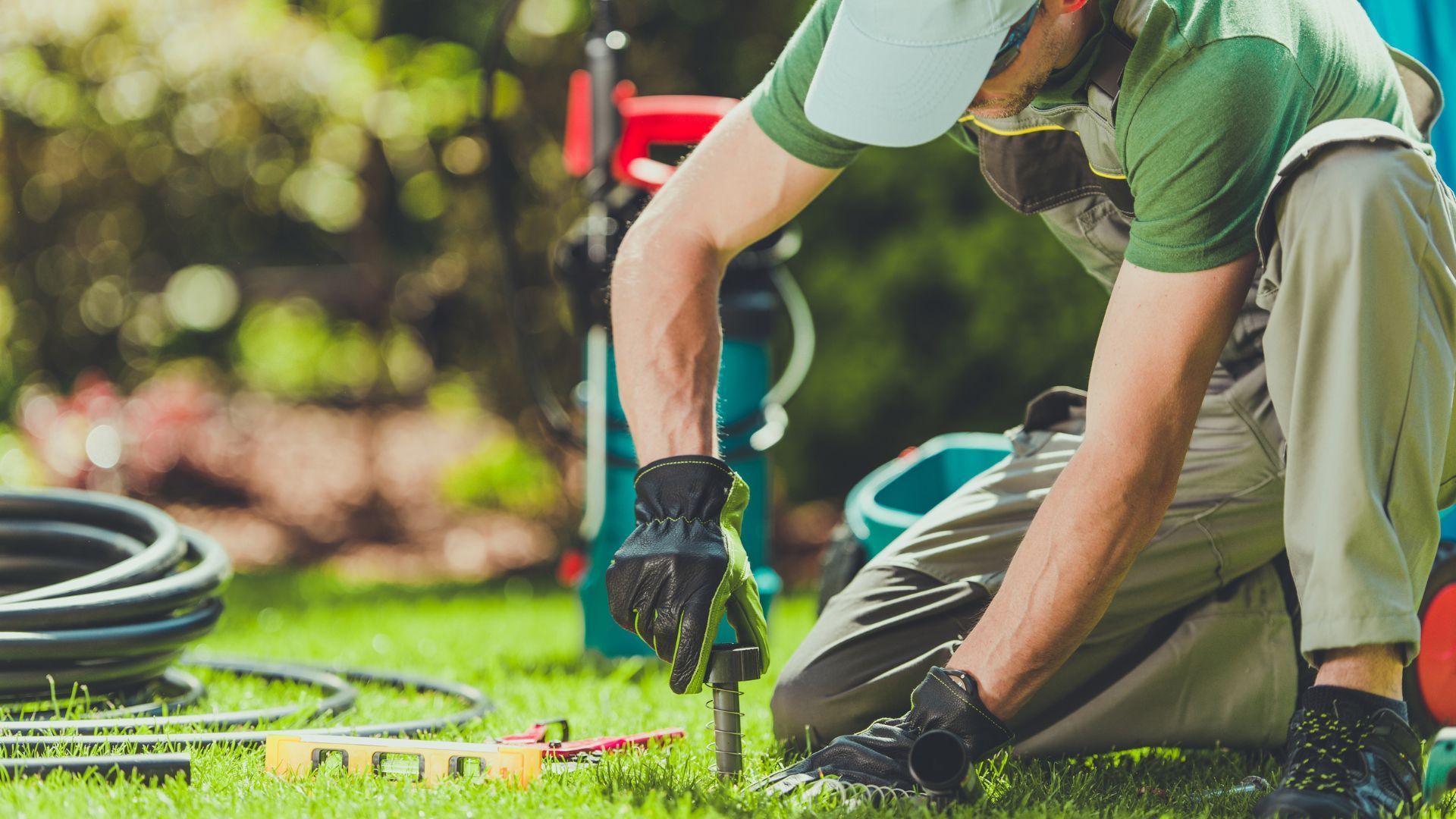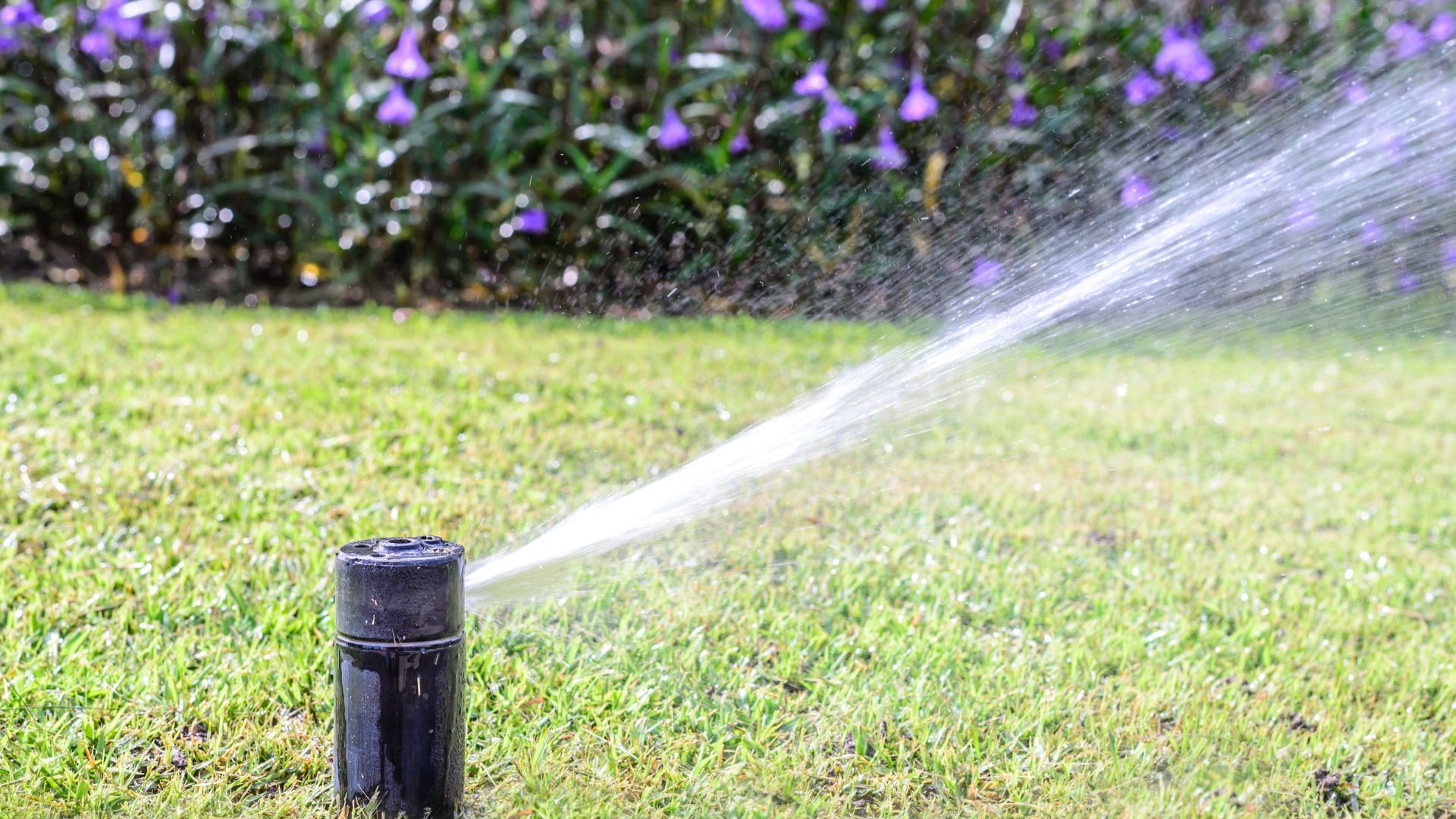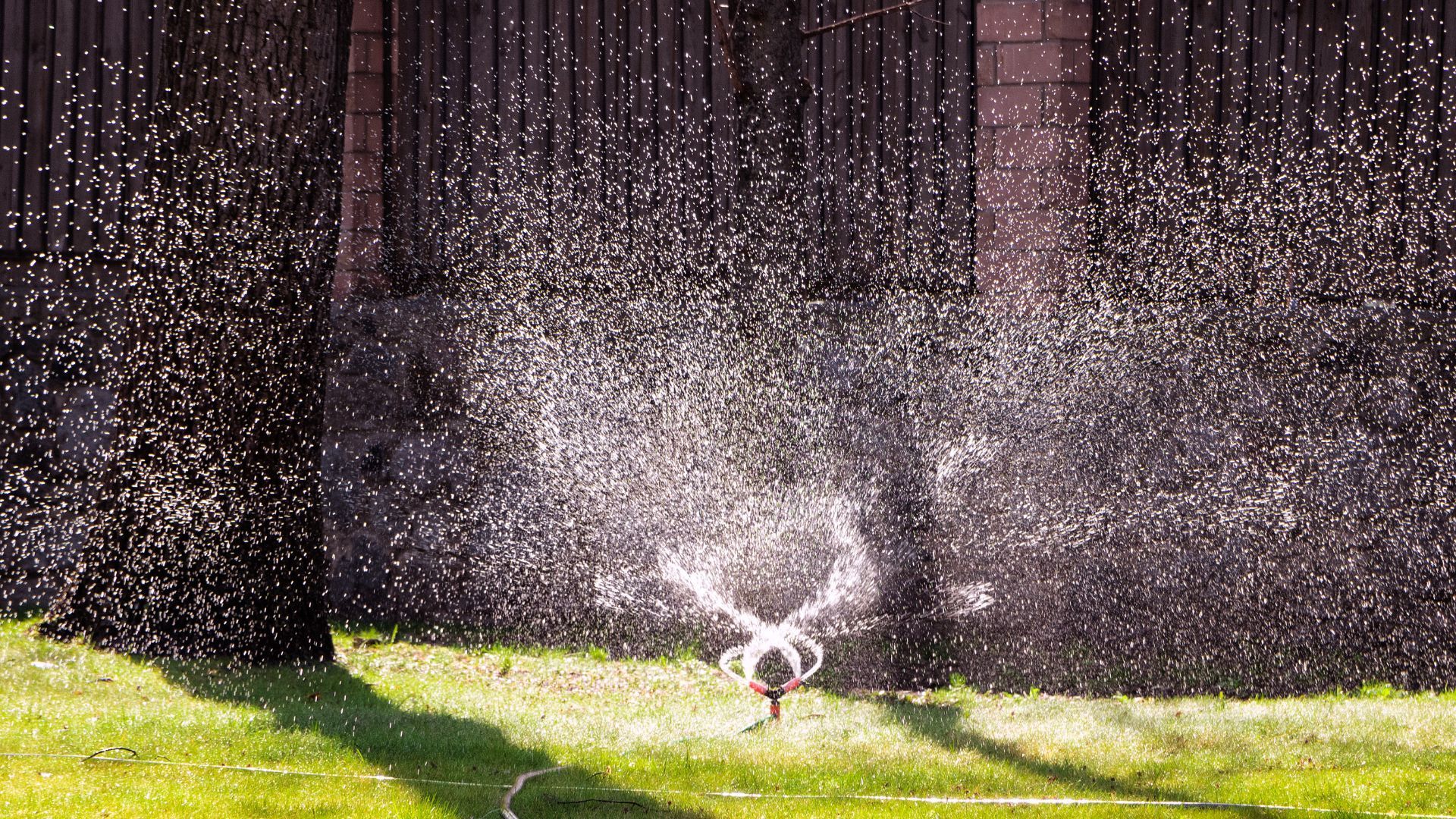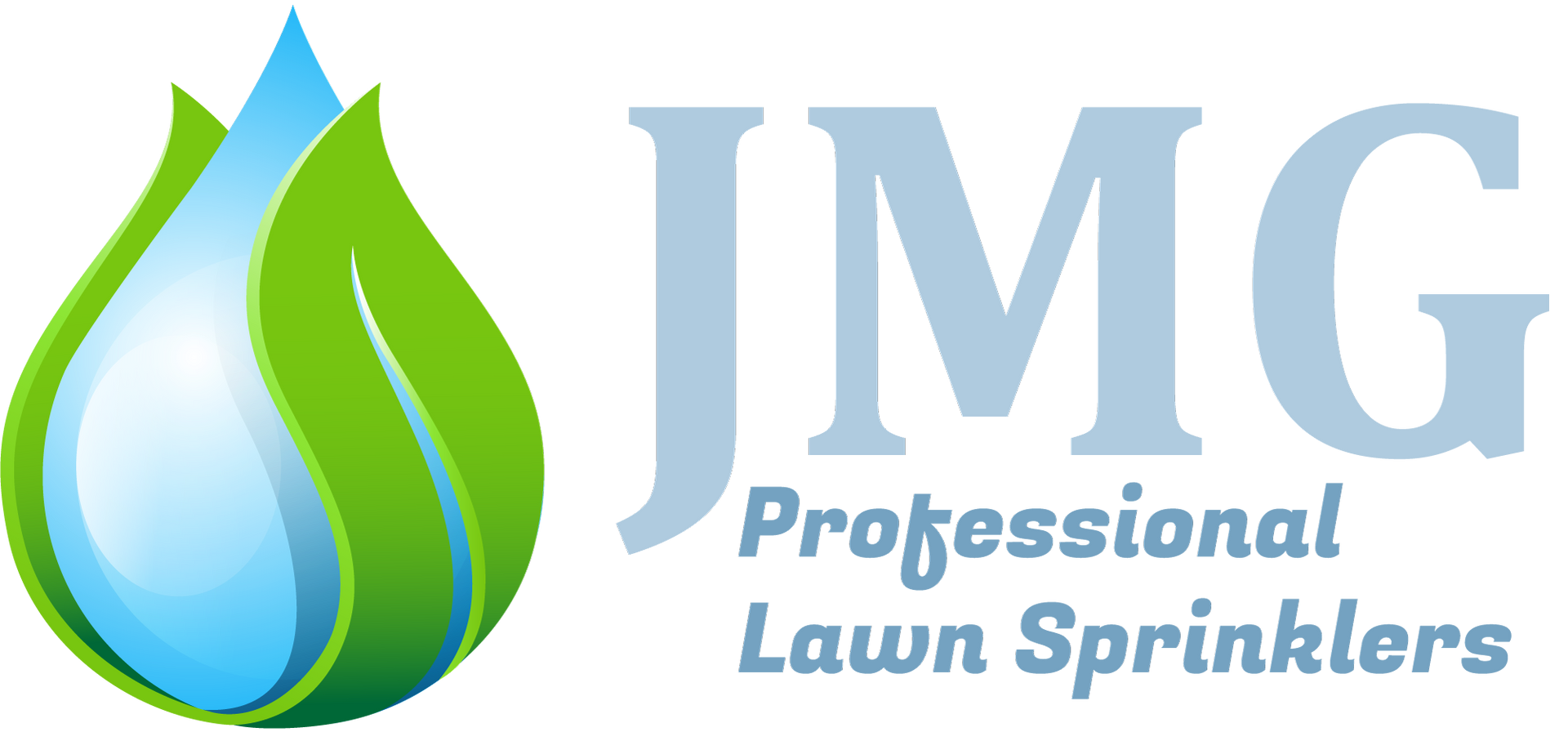Understanding the Key Factors Influencing Residential Sprinkler Installation in Rhode Island
In Rhode Island, installing a residential sprinkler system is both an art and a science that directly impacts water efficiency, landscaping health, and property aesthetics. Homeowners and businesses face challenges from varying soil types, water pressures, regulatory mandates, and landscape complexities. An effective system maximizes water distribution, minimizes waste, and complies with local codes—thereby reducing utility bills, improving plant growth, and increasing property appeal.
This article empowers property owners with expert knowledge in sprinkler system planning and execution, using illustrations, tables, and examples to guide better design choices and cost-effective installations.
The discussion is structured into property characteristics, cost factors, system selection, regulatory compliance, installation procedures, and long-term upkeep. Each section begins with an image placeholder for visual support.
Examining How Your Property Characteristics Shape Rhode Island Sprinkler Installation
Understanding property characteristics is fundamental to planning a sprinkler installation. Key factors include yard size, layout, soil composition, water source, and existing landscape features. These elements dictate how evenly water is distributed and influence long-term performance and maintenance.
Assessing Yard Size and Layout for Optimal Sprinkler Design
Accurate mapping of your yard determines the number of zones needed and identifies potential pressure drops or obstacles. Large yards may require multiple zones using rotating nozzles, while irregular layouts or areas with obstacles might benefit from custom spray patterns, drip irrigation, or micro-sprinklers. Tools such as scale drawings or digital design software can help visualize zones and highlight areas prone to pooling or runoff, ensuring efficient water distribution.
Evaluating Rhode Island Soil Conditions and Their Effect on Water Distribution
Soil types in Rhode Island—from sandy beaches to clay-rich inland areas—affect sprinkler performance. Sandy soils may drain quickly and require more frequent, lighter watering; clay soils retain water and demand longer intervals. Field tests, including percolation and soil moisture evaluations, help determine the best head types and watering durations. A proper soil analysis may also indicate if supplemental methods like drip or micro-irrigation are needed for best results.
Determining Water Source Availability and Pressure for System Performance
Verifying your water source—municipal, well, or other—is critical. Homeowners should measure water pressure at key points since low pressure can reduce spray coverage, while excessive pressure may damage sprinkler heads. A water pressure test can determine if you need a pressure regulator or booster pump. In cases of limited water supply, drip irrigation may be preferred to conserve water and meet regulatory requirements.
Accounting for Existing Landscape Features and Hardscaping
Features such as patios, walkways, decks, and retaining walls must be considered, as they can disrupt uniform irrigation. These structures may require specialized valves or adjustable sprinkler heads to prevent overspray on impervious surfaces. Integrating these features into your layout preserves the aesthetic appeal of hardscaping while ensuring effective watering of landscaped areas.
Addressing Slopes and Terrain Variations in Sprinkler Planning
Varied terrain, including gentle slopes and steep inclines, can lead to uneven water distribution. Separate zones for different slopes may be necessary, along with adjustable sprinkler heads or pressure-compensating nozzles. In sloped areas, drip irrigation is often used to prevent erosion and ensure gradual water absorption. Proper documentation of the landscape gradient aids in designing zones that optimize water retention and minimize runoff.
What Are the Key Factors Affecting the Cost of Residential Sprinkler Installation in Rhode Island
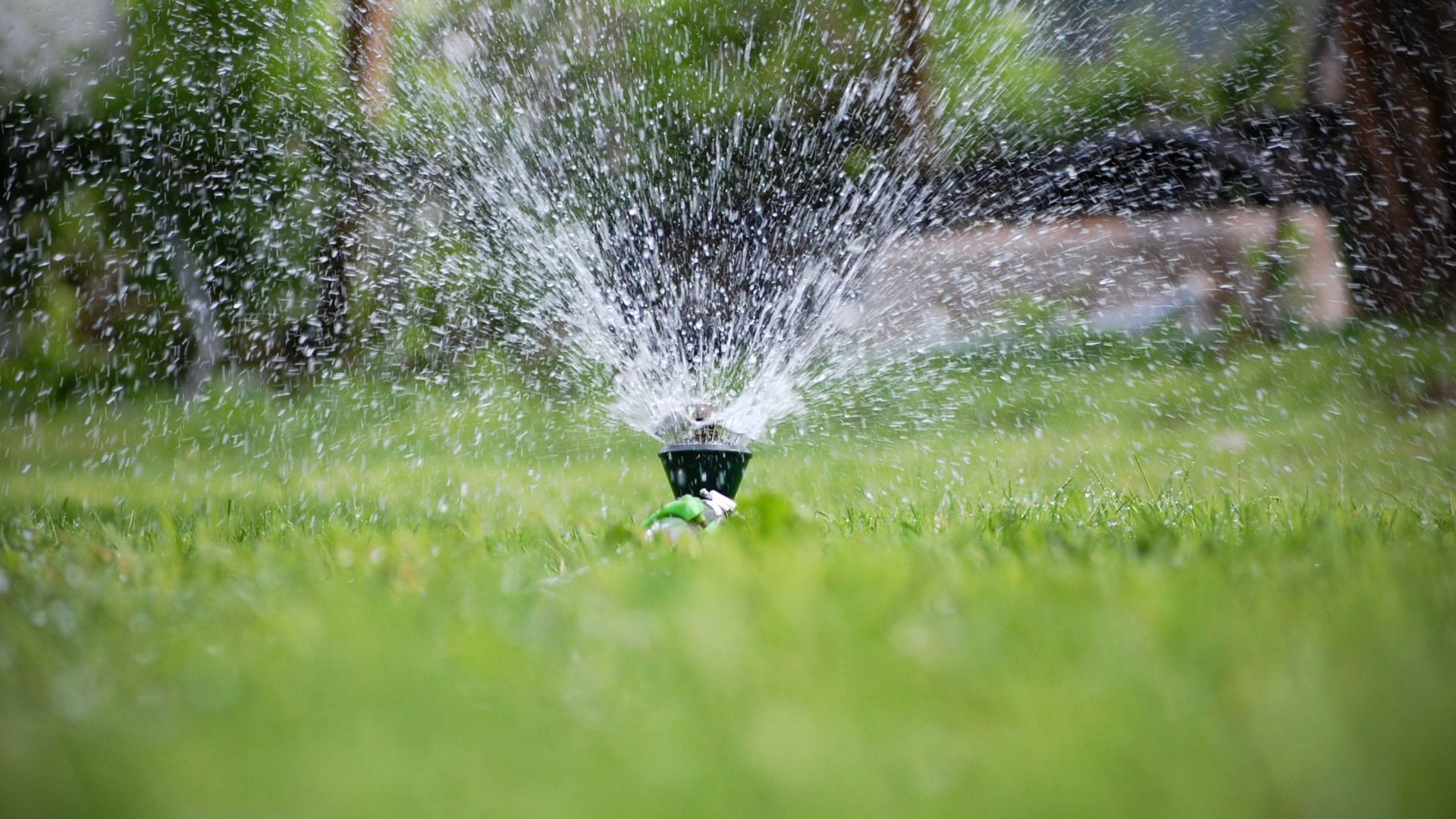
Several variables affect the cost of installing a residential sprinkler system in Rhode Island—from material and labor expenses to regulatory fees. Understanding these factors helps homeowners tailor a system that fits both the property's needs and budget constraints.
Analyzing Material Expenses for Different Sprinkler System Components
Material costs for pipes, sprinkler heads, valves, controllers, and backflow prevention devices can vary markedly. Premium options—like corrosion-resistant pipes or smart irrigation controllers with rain sensors—may have higher upfront costs but improve efficiency and reduce long-term maintenance expenses. Comparing warranties, durability, and compatibility among suppliers is essential for making informed choices that offer long-term value.
Reviewing Labor Charges for Professional Sprinkler Setup in Rhode Island
Labor costs depend on landscape complexity, accessibility, and local rates. Experienced professionals can ensure precise layout, proper installation, and regulatory compliance. Labor charges may increase with the number of zones or additional services such as trenching and grading, but professional work decreases the potential for costly errors and future repairs. Requesting detailed quotes that separate material and labor costs helps in comparing service providers effectively.
Understanding How System Complexity and Number of Zones Impact Price
System complexity directly influences cost. A simple single-zone system is less expensive than a multi-zone configuration that integrates modern features like drip irrigation, automated controls, and dedicated zones for varied landscape areas. Although advanced systems may involve higher initial investments due to extra components and wiring, they often yield operational savings through improved water distribution and reduced maintenance requirements.
Calculating Permit Acquisition and Inspection Fees in Rhode Island
Local codes require building and plumbing permits, along with regular inspections. Permit fees vary based on project size and complexity and may add significantly to the overall cost. Preparing detailed installation plans and engaging contractors familiar with local regulations can mitigate delays and reduce unexpected fees. Early planning for these regulatory costs is crucial to avoid budget overruns.
Comparing Estimates From Various Rhode Island Sprinkler Service Providers
Obtaining multiple quotes from local providers allows homeowners to compare material choices, labor rates, and overall service quality. Detailed estimates that itemize costs for materials, labor, permits, and additional services facilitate transparent decision-making. While some providers may charge a premium for higher quality or warranty support, the long-term benefits of reliable and efficient installation often justify the cost differences.
Selecting Appropriate Sprinkler System Types and Features for Your Rhode Island Residence
Choosing the right sprinkler system type involves evaluating both functional needs and investment returns. Homeowners must compare fully automated systems with manual options and consider additional features to enhance water conservation and system longevity.
Comparing Automated Sprinkler Systems With Manual Options
Automated systems with programmable controllers can adjust watering times, durations, and intensities based on weather data. Although they require a higher initial investment, these systems reduce the risk of overwatering and save water by automatically adjusting operations. In contrast, manual systems have lower upfront costs but depend on the homeowner for regular adjustments, which may lead to inefficient irrigation and higher water bills over time.
Choosing Suitable Sprinkler Heads for Efficient Water Coverage
The design of sprinkler heads is key to achieving uniform water distribution. Options include rotor heads for larger lawns and spray heads for small or irregular areas. Many modern heads allow for adjustable spray distances and patterns while incorporating pressure compensation for steady performance. Testing different models in sample zones can help determine the best fit for your landscape needs, leading to reduced water waste and lower bills.
Incorporating Smart Irrigation Controllers for Water Conservation
Smart irrigation controllers connect to networks and weather data to adjust watering schedules automatically. By using sensors for soil moisture, temperature, and wind, these controllers ensure that water is applied precisely when and where needed. Remote monitoring and reporting provide homeowners with insights that lead to further efficiency improvements, making smart controllers a valuable long-term investment—especially in a state where water conservation is critical.
Deciding on the Ideal Number of Watering Zones for Your Landscape
Proper zoning ensures each area of your property receives its optimal water requirement. The number of zones depends on property size, soil variation, and specific plant needs. Dividing the landscape into more targeted zones allows for tailored watering schedules, minimizes waste, and simplifies future upgrades. Collaboration with irrigation professionals during site assessments ensures that zones are logically grouped and efficiently managed.
Considering Drip Irrigation for Gardens and Specific Plant Beds
Drip irrigation serves as an efficient method for garden beds, shrubs, and areas hosting water-sensitive plants. By delivering water directly to the root zone, drip systems reduce evaporation and runoff. Although installation can be more complex and initially costlier, the reduction in water use—often by up to 30%—and simplified maintenance make drip irrigation an attractive option for sustainable landscaping.
Meeting Rhode Island's Regulatory Standards for Home Sprinkler Systems
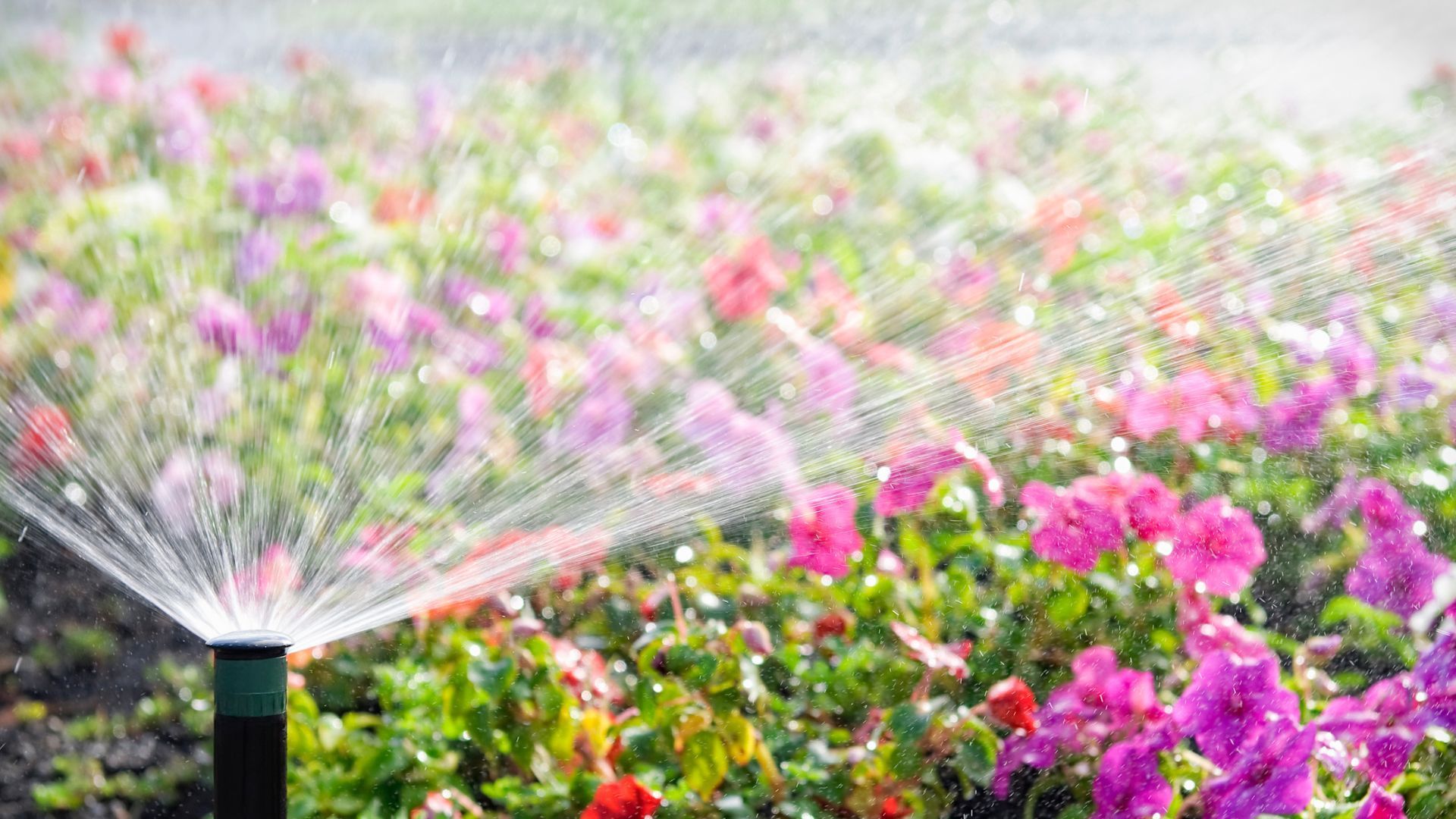
Compliance with local regulations is crucial to protect water quality, ensure safety, and avoid costly rework due to non-compliance. Homeowners must understand and adhere to the local codes governing sprinkler systems.
Identifying Local Town or City Ordinances for Sprinkler Installation
Municipal ordinances in Rhode Island cover aspects such as permitted system types, required backflow prevention devices, and specific limits on water pressure and irrigation schedules. Familiarity with local ordinances through consultation with regulatory bodies or experienced contractors helps prevent delays, fines, and additional expenses during the installation process.
Securing the Required Building and Plumbing Permits
Obtaining building and plumbing permits is mandatory before installation begins. This process involves submitting detailed system plans and proof that the design meets local codes. Working with contractors experienced in local permitting can expedite approval, ensuring a smoother project timeline and reducing the risk of unexpected costs.
Ensuring Compliance With Backflow Prevention Mandates
To protect potable water, Rhode Island requires backflow prevention devices in residential sprinkler systems. These devices must meet strict standards and are subject to periodic testing. Using licensed professionals to install and maintain these devices helps avoid contamination risks and potential fines during inspections.
Acknowledging Any Water Usage Regulations in Your Locality
Local water usage regulations may impose restrictions on irrigation times, seasonal limitations, or the types of permitted systems. Homeowners must design their systems to automatically adjust to these parameters, often by incorporating smart controllers that adapt to current water availability. Staying updated with local guidelines ensures that your system remains both efficient and compliant over time.
Preparing for Final System Inspections by Authorities
Before the system is commissioned, a final inspection ensures that every aspect—from material quality to system functionality—meets prescribed standards. Effective communication with local authorities and detailed documentation throughout the installation phase help guarantee a smooth final inspection, giving homeowners peace of mind and confirming regulatory compliance.
The Installation Procedure and Its Influence on Rhode Island Sprinkler Projects
The installation procedure affects overall system performance, reliability, and lifespan. A carefully executed installation combines technical precision with practical problem-solving.
Preparing Your Grounds Before Sprinkler System Fitting
Ground preparation is critical and involves clearing, leveling, and marking the designated zones for sprinkler heads and piping. Proper trenching and minimal disturbance to existing landscaping ensure that the system is built on a stable base, reducing the risk of failures later. Temporary removal of sod or garden boards may be necessary, with reinstallation after the work is completed.
Outlining the General Duration of a Home Sprinkler Installation
Depending on property size and system complexity, installation can take from one to three days for basic systems, extending to a week or more for larger or more complex projects. Pre-installation surveys that include soil testing and water pressure measurements help in accurately setting the project timeline. Effective scheduling and clear communication prevent unexpected delays.
Recognizing the Value of Qualified Installers for System Longevity
Experienced installers understand local conditions and regulatory requirements, ensuring that the system functions optimally and remains durable. Their technical skills in integrating smart components and backflow prevention devices minimize future repair costs and system downtimes. The added benefit of warranty and service contracts further supports long-term maintenance.
Managing Potential Interruptions to Your Property During Setup
Installation can cause temporary disruptions such as excavation noise or soil disturbance. Effective project management minimizes these interruptions by staging work and protecting existing landscaping. Clear communication with the homeowner about access restrictions and timeline expectations helps maintain property safety and aesthetics.
Conducting Initial System Tests and Calibrations After Installation
After installation, thorough tests—including pressure and flow rate measurements—are conducted for each zone. These tests ensure that all components, from sprinkler heads to smart controllers, are functioning according to manufacturer specifications. Detailed documentation of test results assists in fine-tuning the system and sets a baseline for future maintenance.
Considering Long-Term Operational Aspects and Upkeep for Rhode Island Sprinklers
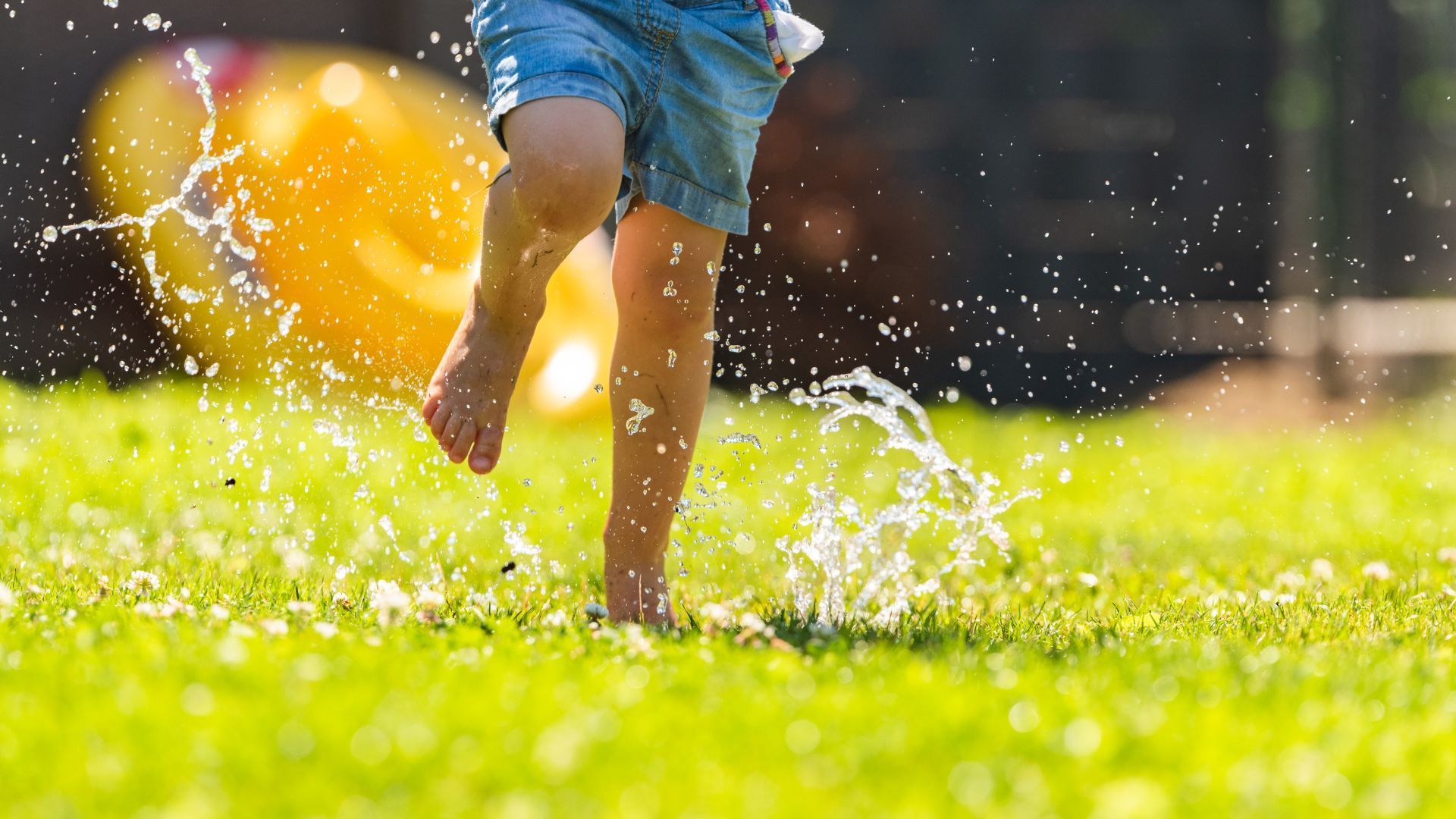
Long-term operation requires proactive maintenance, seasonal adjustments, and periodic repairs to sustain efficiency and safety.
Developing a Regular Maintenance Plan for Your Sprinkler System
A routine maintenance plan includes regular checks for leaks, cleaning of filters, and recalibration of controllers—typically scheduled in spring and fall. Preventive maintenance not only extends system life but also improves water efficiency and reduces utility bills. Maintaining a log of service visits helps track performance and guides future repairs.
Planning for Seasonal Startup and Winterization Services in Rhode Island
Seasonal changes in Rhode Island necessitate a two-fold approach: comprehensive startup procedures during the planting season and winterization to protect components from freezing temperatures. Methods include thorough inspections, system flushes, and even disconnecting or draining the system in extreme cold. Proper seasonal planning minimizes damage and costly repairs.
Anticipating Future Repair Needs and Component Replacement
Over time, components such as sprinkler heads, pipes, and controllers will require repair or replacement. Regular inspections can predict when items need to be updated. Keeping a maintenance log and having a service contract in place help homeowners manage future costs and ensure the system continues to operate efficiently.
Assessing Water Efficiency and Potential Utility Bill Reductions
Advanced systems with smart controllers and moisture sensors help optimize water use, reducing consumption significantly. By monitoring performance data, homeowners can track water savings and lower utility bills. Regular assessments contribute to sustainable landscaping and offer a clear return on investment.
How a Well-Maintained Sprinkler System Can Affect Property Appeal
A reliable and efficiently maintained sprinkler system enhances overall property appeal by ensuring lush, healthy landscapes. Effective irrigation contributes to increased property values and leaves a positive impression on potential buyers or tenants. Consistent maintenance reflects a well-cared-for property and can be a key selling point.
Frequently Asked Questions
How do weather conditions in Rhode Island affect sprinkler system performance?
Seasonal weather fluctuations, including cold winters and humid summers, require systems to be adaptable. Proper winterization prevents freezing damage, while recalibration in warmer months ensures efficient watering.
What maintenance tasks should be performed seasonally on a residential sprinkler system?
Maintenance includes clearing debris from sprinkler heads, checking for leaks, adjusting watering schedules, and testing backflow prevention devices. Winter procedures involve draining or winterizing the system, with a full check-up in spring.
Are smart controllers worth the additional investment for sprinkler systems?
Yes, smart controllers optimize watering schedules in response to weather and soil moisture, reducing water waste and utility bills while offering remote monitoring features.
How can I prepare my property before installing a sprinkler system?
Proper ground preparation involves mapping out the yard, clearing designated areas, leveling the terrain, and marking zones for sprinkler heads to ensure uniform water distribution.
What factors determine the number of watering zones needed for a property?
Factors include property size, landscape complexity, soil type, and the specific watering needs of lawns, gardens, and other areas. Dividing the property into multiple targeted zones enables precise irrigation.
How do local permitting and regulatory requirements impact installation costs?
Local permits, building fees, and inspections add to the overall cost. Ensuring compliance with ordinances and installing backflow prevention devices are essential for a smooth, penalty-free installation.
What are the benefits of incorporating drip irrigation into my sprinkler system?
Drip irrigation delivers water directly to plant roots, reducing evaporation and runoff. This method is especially beneficial for garden beds and shrubs, leading to lower water usage and improved plant health.
Final Thoughts
This article has provided a comprehensive examination of the factors influencing residential sprinkler installation in Rhode Island—from property characteristics and cost considerations to system selection, regulatory compliance, and long-term upkeep. Emphasizing the importance of meticulous planning, proper zoning, and regular maintenance ensures an efficient, reliable irrigation system that conserves water, reduces utility bills, and enhances overall property appeal. Investing in a well-designed sprinkler system protects your landscape investment while contributing to sustainable water usage and long-term property value.
